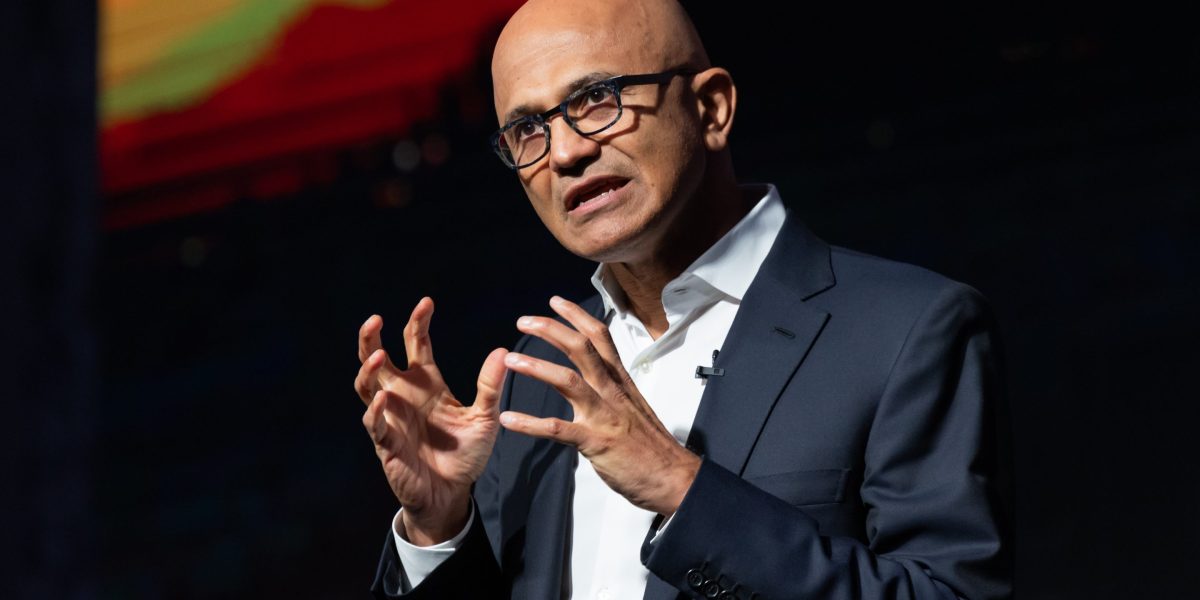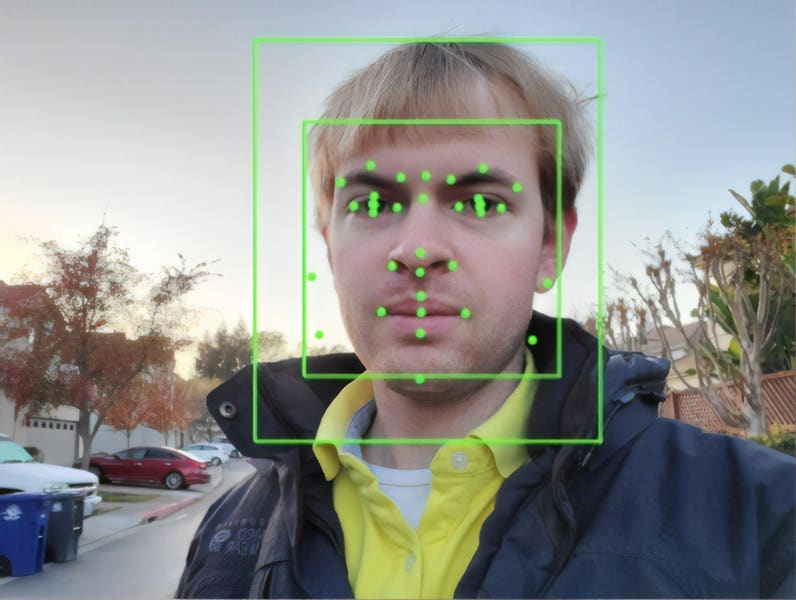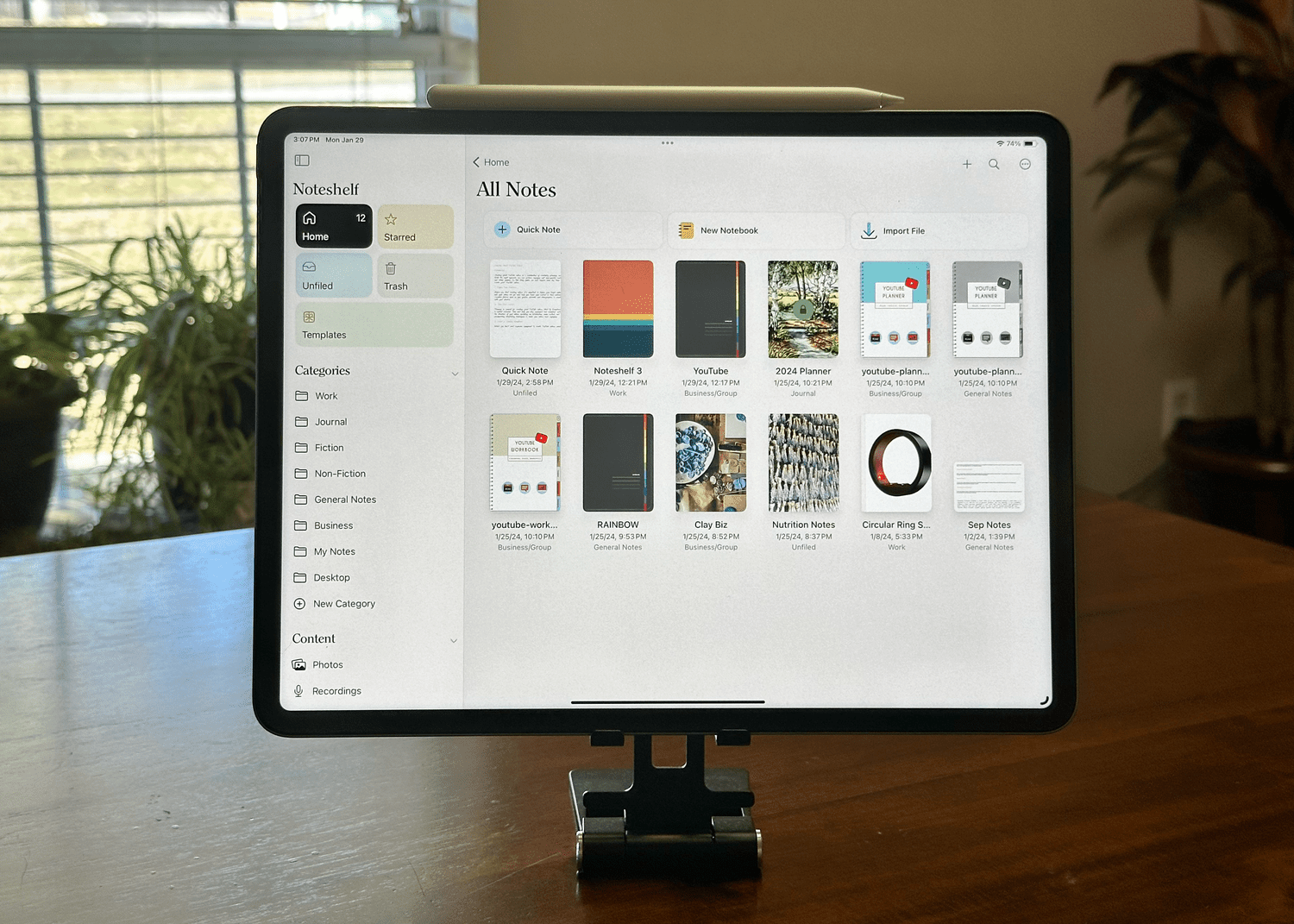After Microsoft and Google parent Alphabet continued to talk up massive AI investments in earnings calls on Tuesday, we’re past the point of wondering whether the next great tech arms race is upon us. It’s here.
But this week’s calls are also providing us with a preview of how AI will disrupt the global workforce—starting with the largest AI companies themselves. And for many, it’s looking like an uncomfortable future.
As these tech giants ramp up spending in AI, both to sell to other companies as well as to help run and simplify their own internal work, they are, at best, slowing hiring in non-AI areas and, at worst, cutting jobs in those divisions.
Alphabet, for example, employed around 182,000 employees at the end of 2023, down from more than 190,000 employees at the end of 2022. And Alphabet layoffs have continued into 2024, with around 1,000 more cuts.
At the same time, Alphabet’s spending on capital investments increased in 2023 and is expected to grow “notably” larger in 2024.
“With respect to capex, our reported capex in the fourth quarter was $11 billion, driven overwhelmingly by investment in our technical infrastructure with the largest component for servers followed by data centers,” Alphabet chief financial officer Ruth Porat said on a call with Wall Street analysts. “The step-up in capex in Q4 reflects our outlook for the extraordinary applications of AI to deliver for users, advertisers, developers, cloud enterprise customers, and governments globally and the long-term growth opportunities that offers.”
Google’s parent company also appears to be investing in AI capabilities to lower its own costs, with Porat pointing to “streamlining operations across Alphabet through the use of AI” as part of a larger realignment of spending resulting in job cuts and “a much slower pace of hiring.”
To be sure, Alphabet will continue to hire. But Porat stressed that the hiring focus will be on top technical talent.
At Microsoft, a laser focus on winning the AI apps and services battle has been accompanied by cutting employees working on areas that are now taking a back seat.
A year ago, Microsoft laid off around 10,000 employees, followed by a cut of nearly 2,000 more in its gaming unit this year. Even with new hiring focused on workers with AI expertise, the company had 2% fewer employees at the end of 2023 versus 2022.
And just like at Alphabet, the company is making a point to call out heavy future investments in AI.
“We expect capital expenditures to increase materially … driven by investments in our cloud and AI infrastructure,” Microsoft chief financial officer Amy Hood said.
“Our commitment to scaling our cloud and AI investment is guided by customer demand and a substantial market opportunity,” Hood added. “As we scale these investments, we remain focused on driving efficiencies across every layer of our tech stack and disciplined cost management across every team.”
One translation: As at Alphabet, the safest jobs are those that play a role in the company’s AI ambitions. And that should be noteworthy not only for employees inside both these companies, but across the broader tech industry as well.
Do you have insights or a tip to share? Contact Jason Del Rey at [email protected], [email protected], or through secure messaging app Signal at 917-655-4267. You can also message him on LinkedIn or at @delrey on X.










